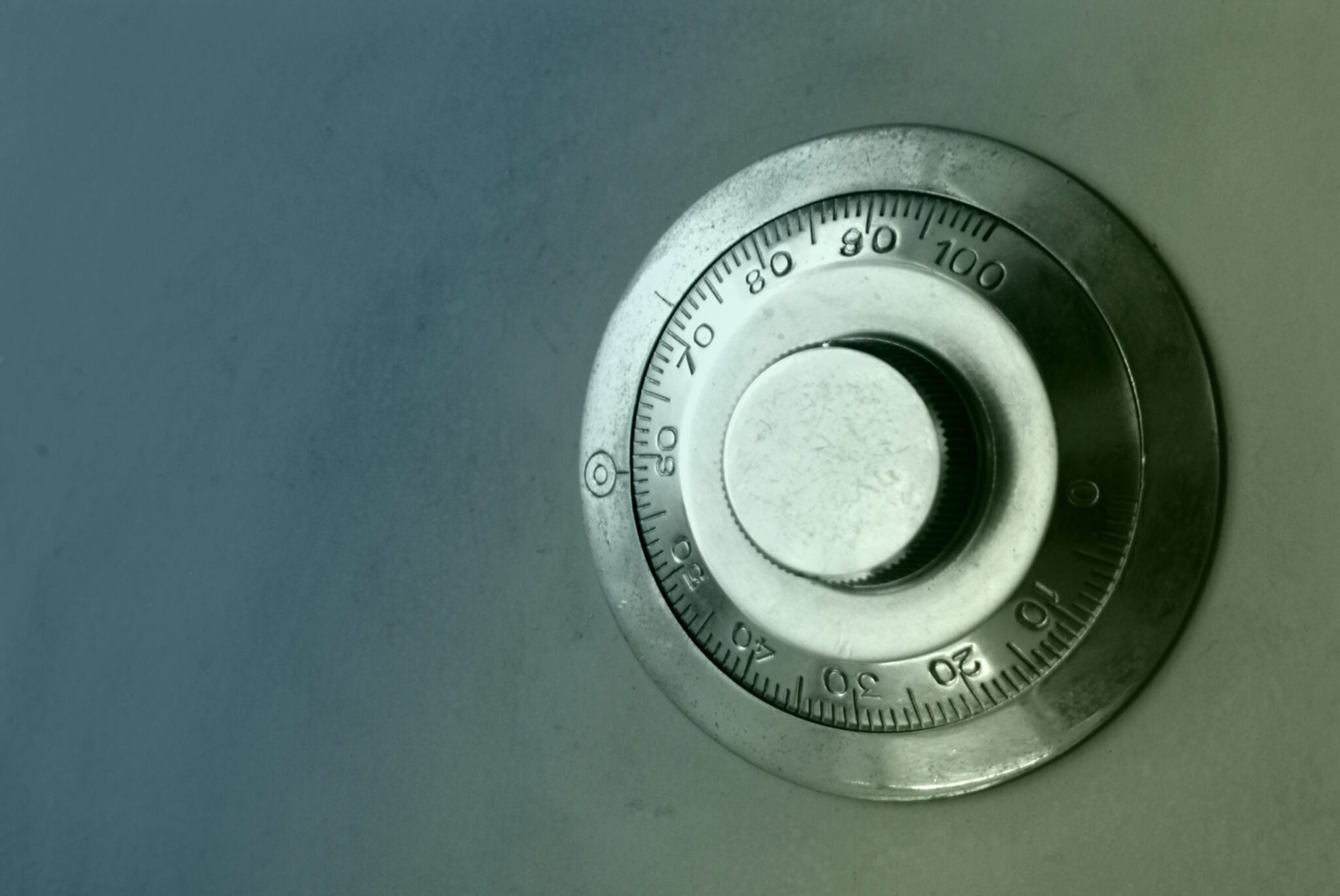Why Brand Equity Matters – Secure Your Brand Before Bad Actors Hijack It

Brand equity, in short, is the perceived value of your brand to the outside world. It can be either positive or negative and is created by the experiences that people have with your brand. There are more outlets than ever before to buy and sell goods and services and more channels for consumers to share their experiences. A negative review online can quickly go viral, signaling to your customers that they might need to reconsider their relationship with you. Counterfeiting and piracy specifically contribute to negative brand associations across industries.
To give you a sense of how powerful brand equity can be, it’s estimated that one of the most well-known brands of all time–Walt Disney’s brand name alone is worth $45.7 Billion. A key component to their brand strategy is protecting their intellectual property and that’s for good reason. Intellectual property infringement costs companies billions each year.
What is intellectual property infringement costing?
So, how big is the problem? It’s huge. The counterfeit and piracy trade costs brands upwards of $1.7 trillion per year and is expected to increase to $2.8 trillion and cost 5.4 million jobs by 2022. And in 2020, the office of the U.S. Trade Representative reported 34 physical markets and 38 online markets that “engage in or facilitate substantial trademark counterfeiting and copyright piracy.” In short, intellectual property is facing a coordinated attack by bad actors.
The quantitative cost to organizations is staggering, but there’s more damage to be done, and that’s the long-term damage to brand equity. Lost revenue and profit margin are the upfront consequences of intellectual property infringement, but lost credibility and customer loyalty over time ––that damage is unquantifiable and can cost brands their entire business.
In a pandemic, the consequences can be deadly. Look no further in the era of COVID-19 than N95 mask maker 3M Corporation. Millions of counterfeit N95s have flooded the marketplace and, in some instances, were ordered by municipalities that have supplied them to frontline workers. N95s have a rigorous testing and certification process and without it, masks do not provide the same level of protection for the wearer that the true product does. As of February 2021, 3M has filed 29 lawsuits and sent more than 165 cease and desist letters to companies who purportedly sell these goods, costing the supplier time, money, and consumer trust.
How can you protect your brand?
In today’s digital world, brand abuse is inevitable, but by building a resilient brand with the right tools, teams, and technologies, organizations can mitigate risk and squash threats before they escalate into more serious consequences for your business. Those consequences include: lost revenue, eroded brand reputation and trust, customer dissatisfaction, increased marketing and ad spend, diverted web traffic, IP abuse, and beyond.
Building a resilient brand means becoming adept at detecting, absorbing and quickly recovering from abuse, successfully adapting to the rapidly changing abuse landscape and proactively and efficiently uncovering threats. This may seem daunting, but you aren’t alone in the fight against IP infringement. LexisNexis has formed an alliance with global brand protection leader Tracer to deliver a potent weapon in the war against networks of bad actors conspiring to bring down brands: LexisNexis® Brand Protection.
Brand Protection helps enable you to:
- Efficiently and effectively identify and remove brand abuse
- Continuously monitor for the multiple forms of brand misuse and hijacking
- Easily reveal entire brand abuse networks
- Quickly surface the true scope of illicit online campaigns targeting your brand and your customers
Learn more about how we can help you find online brand abuse, thoroughly investigate it and quickly stop it.

Need to protect your brand across the modern digital universe?
Learn how we use advanced machine learning to link visible and non-visible digital markers, uncovering entire abuse networks and accelerating the review, triage, and prioritization of brand abuse.
